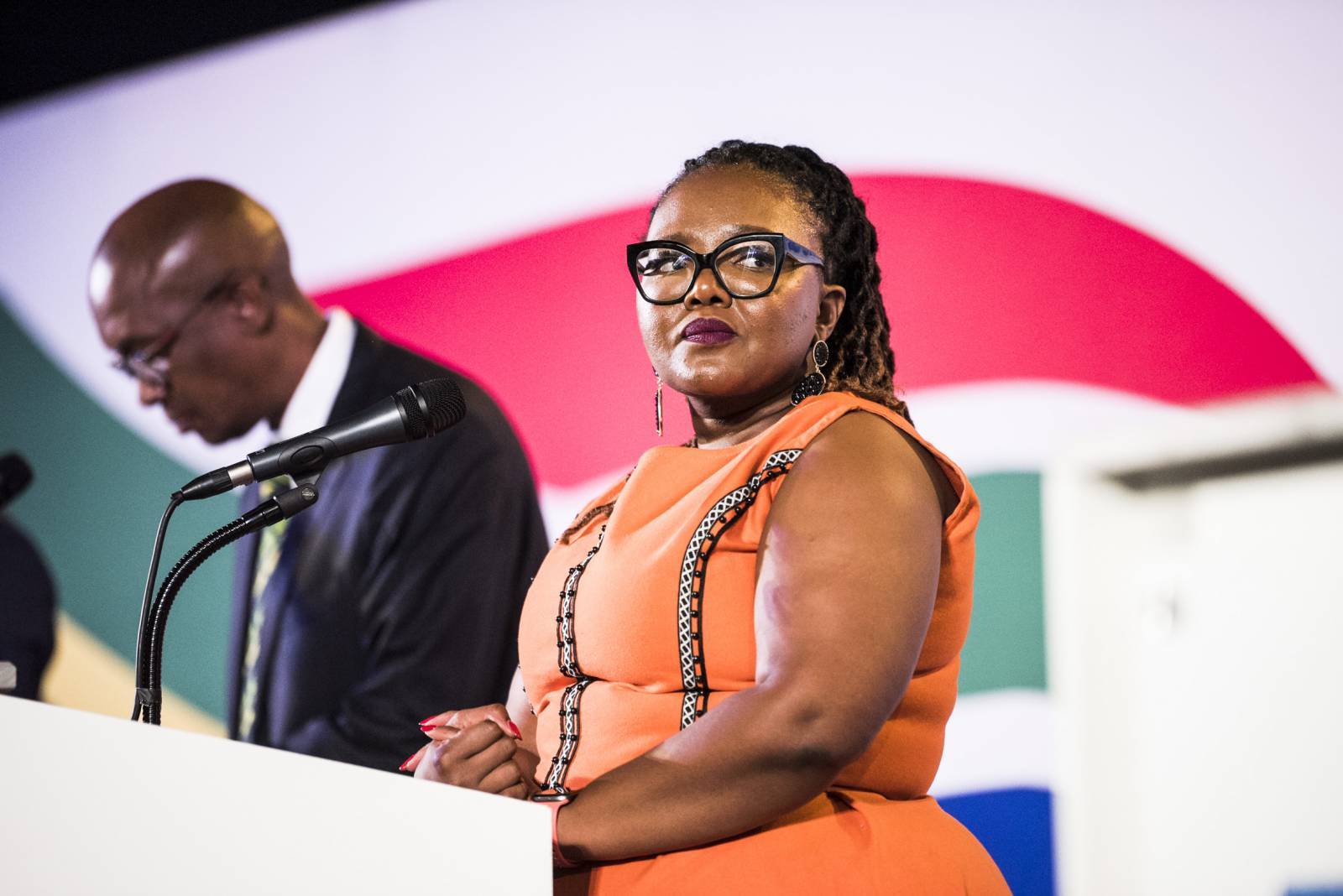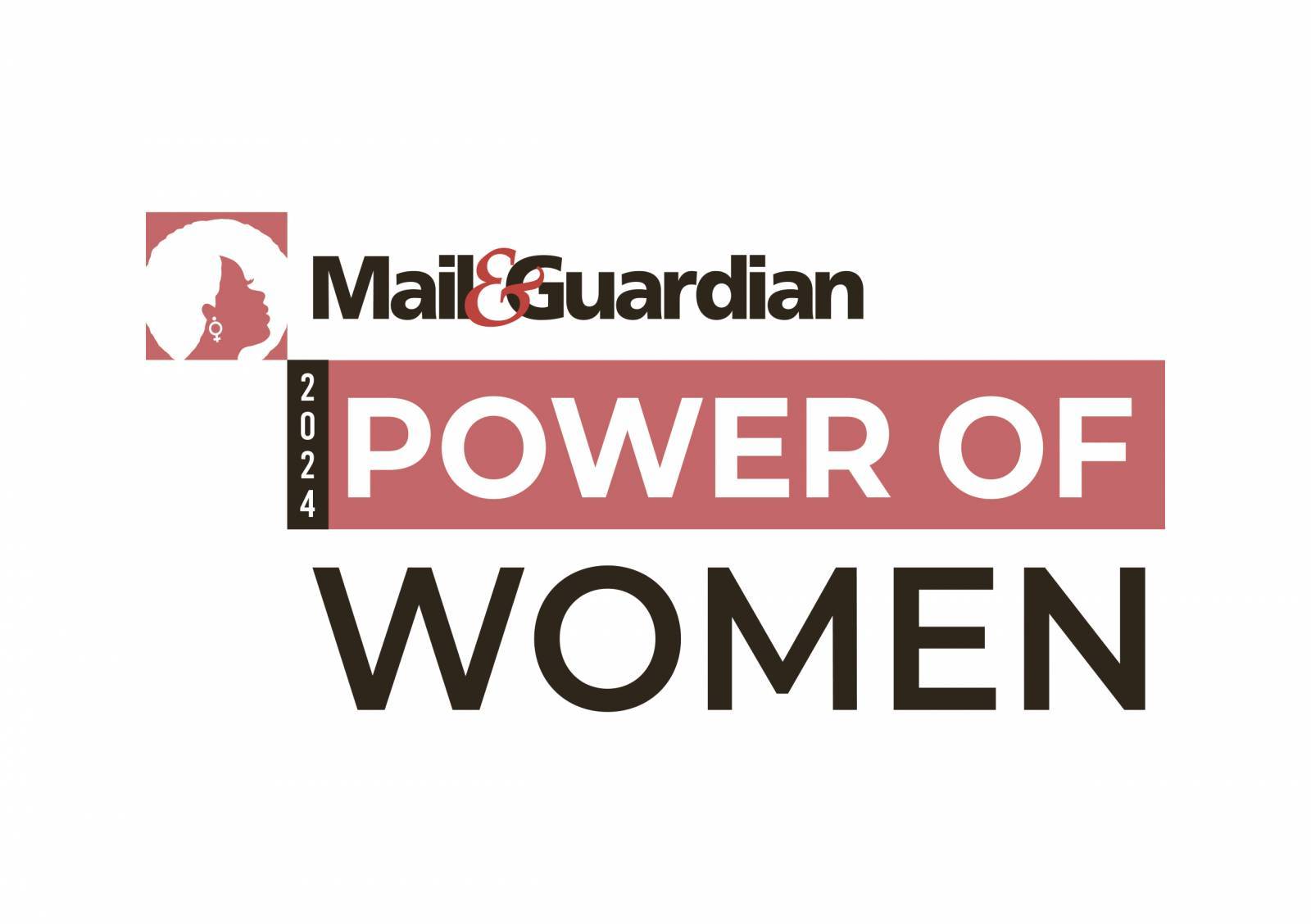Andr Zaaiman was instrumental in setting up the South African gathering of goodwill representatives from Israel and Palestine Barry Streek A South African conflict negotiator and white former Umkhonto weSizwe operative, Andr Zaaiman, has emerged as the key behind-the-scenes figure in this week’s closed-door meeting between Israelis, Palestinians and South Africans aimed at strengthening the peace process in the Middle East. South Africa and President Thabo Mbeki in particular, with their strong links with both the developed and the developing world, are emerging as potentially influential facilitators in the spiralling Israeli-Palestinian conflict.
The Israelis at this week’s talks do not include official representatives of the Israeli government. The meeting has been described as a gathering of goodwill representatives who have access to the principal actors and may have indirect influence. As they did with a similar retreat a few years ago at Arniston involving parties to the Northern Ireland dispute, the South Africans hope this week’s discussions will help promote the reopening of talks in the Middle East by sharing South Africa’s experience of political transition. The South African team includes three apartheid-era Cabinet ministers. “We went through a unique process in the world and the South African experience does provide some indication of how to deal with the issues,” Deputy Minister of Foreign Affairs Aziz Pahad said this week. Another insider said that by holding the retreat “South Africa is punching above its weight”, playing a larger role in world affairs, particularly in contributing to conflict resolution in an area where it has no direct strategic interests. The fact that Mbeki himself hosted the retreat, and was an early arrival at the Spier Estate near Stellenbosch, indicates the high priority he and his government have attached to the peace effort. It is understood that Zaaiman, who was the executive director of the Gore Institute on the former slave island of Gore, Senegal, between 1992 and last year, played a crucial role in bringing the parties together. Zaaiman was the founding executive director of the institute, a pan-African think-tank initiated after the ground-breaking meeting between Afrikaner intellectuals and the African National Congress leadership in exile in 1987.
In recent years his interests appear to have moved increasingly from African development issues into the murky waters of Arab-Israeli politics. With a Masters degree in politics from the University of the Orange Free State, Zaaiman was an officer in the apartheid-era South African Defence Force. After his experiences in the Angolan/Namibian war, he secretly joined the ANC’s military wing, Umkhonto weSizwe, at the same time joining the Institute for a Democratic South Africa (Idasa) in South Africa. His friend and former boss at Idasa, Van Zyl Slabbert, said Zaaiman was interested in institution-building and negotiations. In his Umkhonto weSizwe capacity he was central to spiriting former police hit-squad captain Dirk Coetzee out of South Africa. Coetzee exposed conditions and operations at the apartheid-era death squad headquarters at Vlakplaas in a series of interviews published in the Vrye Weekblad. Zaaiman also played a role in the End Conscription Campaign. Zaaiman this week refused to say anything about his part in setting up this week’s retreat and referred all queries to the Department of Foreign Affairs spokesperson, Ronnie Mamoepa. It is understood that Zaaiman was the person who first suggested the retreat to Mbeki, and that he played a role in behind-the-scenes discussions with the Palestinian Authority and members of Israel’s Labour Party involved in negotiations for the interim Israel-Palestinian accords under former premier Ehud Barak’s government. Pahad stressed that the retreat was not a new peace move and was primarily aimed at strengthening existing initiatives. “The retreat is a supportive initiative bringing the participants together in an informal environment conducive to sharing experiences and exploring creatively how to move the Middle East peace initiative forward,” he explained. In South African government circles it is accepted that the hawkish government of Ariel Sharon may view Pretoria as pro-Palestinian. But it is argued that Israel is looking for a third party to nudge the Palestinians into concessions. South Africa’s role could supplement the broader push for new peace talks, principally by the United States The South African government’s basic approach is to soften up both sides for renewed negotiations. The return of refugees viewed by Israel as terrorists to the occupied territories and the expansion of Israeli settlements on the West Bank are seen as two of the major issues that need to be addressed. It is also recognised that the future position of Jerusalem, which led to a breakdown in the negotiations initiated by former US president Bill Clinton, is another key issue that needs to be resolved. It is hoped that the Palestinians now realise they missed an opportunity to find lasting solutions during the Camp David talks. As well as enjoying good relations with the South, the US and European countries, South Africa is well placed to facilitate as it is chair of the Non-Aligned Movement. Hamas attack threatens ceasefire, Page 10


